Disclaimer: When accessing the material in this website it is advised that you seek Physician advise before making any conclusions. The website contains the opinions of multiple authors and is intended for educational purposes only with the understanding the website is not providing any professional services.
Platelet Rich Plasma
About Platelet Rich Plasma
Platelet rich plasma is a complex composition of cellular components that, when prepared properly, can be used to heal and repair a host of injuries and conditions. Platelet rich plasma is a biologic, and a foundation in the syndicate of regenerative therapies used in modern medicine. It is chosen over surgery for many conditions, ranging from degenerative joint disease, to tendon and ligament tears, as well as genetic hair loss or thinning and Alopecia Areata. When it is prepared correctly, it can make a remarkable difference in your recovery.
Book Your Appointment to Discuss More About Platelet Rich Plasma Today.
What is Clinical Platelet Rich Plasma (C-PRP)
Clinical platelet rich plasma (C-PRP) contains a clinical dose of concentrated platelets in a treatment sample. Scientific studies provide proof of bone and soft tissue healing enhancement with a minimum PRP platelet count of 1,000,000 platelets per microliter. This translates to a minimum of 1 billion platelets per millilitre. Therefore, a 5mL treatment sample of C-PRP should contain at least 5 billion deliverable platelets, for clinical efficacy.
Importance of Platelets in C-PRP
Platelets contain alpha granules that are full of growth factors. These growth factors are key to the proliferative repair of damaged tissue. Growth factors stimulate cellular growth, differentiation, proliferation and healing. Growth factors are one of the most important components of C-PRP when used as a regenerative biologic. Growth factors are potent and effective releasates in C-PRP.
Other Important Cells in C-PRP
Other cells that are just as important as platelets in C-PRP are white blood cell mediators, cytokines and hormones. These include agranular cell types such as lymphocytes, monocytes, and macrophages. These cells are extremely beneficial and provide a powerful antimicrobial effect. They enhance the local immune response through the uptake of microbes and particles followed by its digestion and destruction. They also act as signalling molecules between cells by binding to specific receptors on the surface of their target cells and attract regenerative cells to it. These cells are a vital component of C-PRP and add to its clinical efficacy and potency.
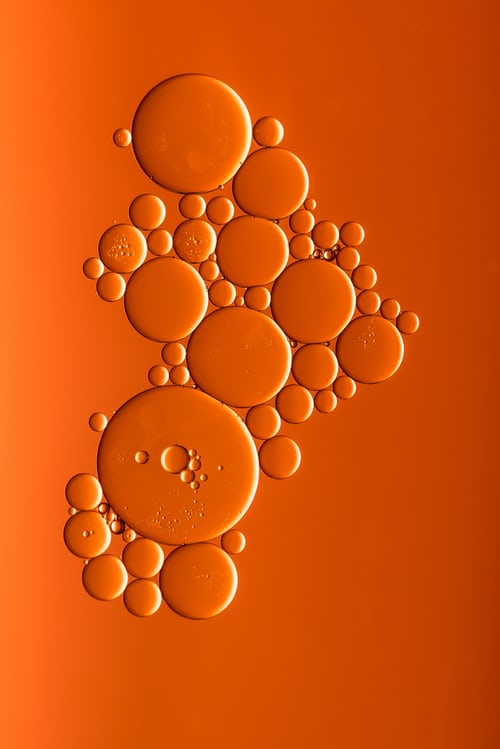
The Latest Technology is Used In Platelet Rich Plasma (PPR)
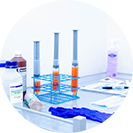
1. Harvesting
A Health professional will draw blood directly from your vein into a sterile system syringe.
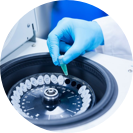
2. Separation
All harvested material is then deposited into a state of the art centrifuge system for spinning.
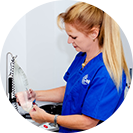
3. Activation
The required cells are separated through spinning in a high-speed centrifuge for approximately 10 minutes.
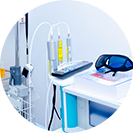
4. Delivery
The preparation is then administered back into the body. The average time for the procedure is 1 hour and is completed on the same day.

